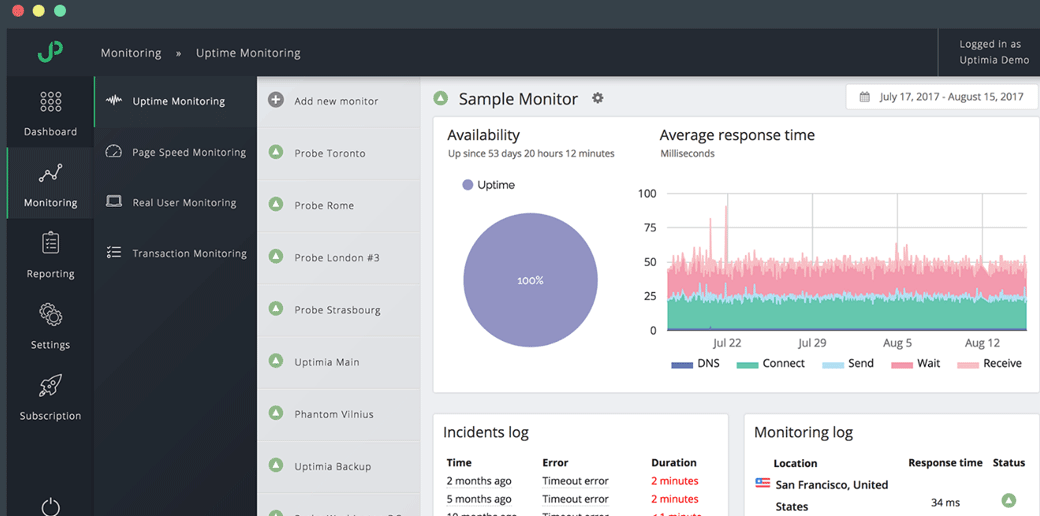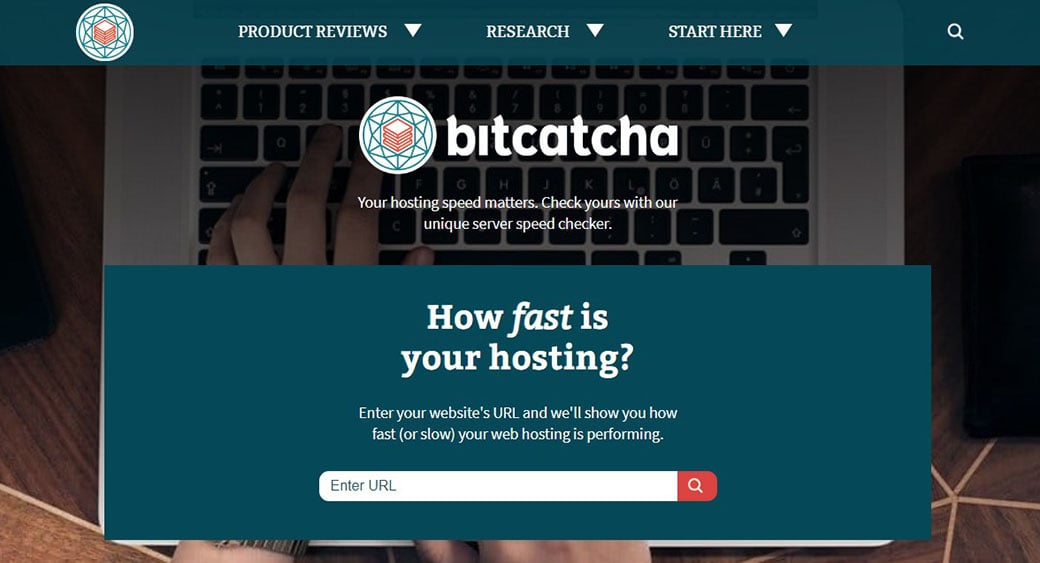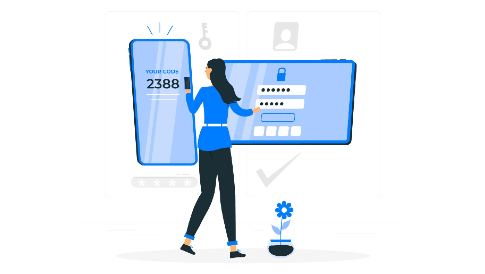Perfect Hosting – 4 Important Considerations for Business Owners
All business owners want to get perfect hosting for their websites. The one that is functional enough and won`t cost them an arm and a leg. In this post, we will overview 4 of the most important features and ideal hosting has to help you with this hard choice.

Web hosting can often be overwhelming due to the myriad of options available to you. One web host may offer a promotion for six months while another one has a reputation as the best security option and another one has the best uptime guarantee.
On top of that, there are dozens of add-ons that you don’t even understand and don’t have the time to learn about. Don’t worry, it’s actually pretty safe to ignore a large amount of what is offered with a hosting plan. If you ignore a large amount of what a web host offers, how do you go about figuring out which host to use?
Perfect Hosting Features
Just like any other service you might have to evaluate, perfect hosting has a handful of aspects that are much more important than everything else. So, what are they?
1. Perfect Hosting Should fit Your CMS
The first thing to pay attention to is whether or not the CMS you plan on using is supported by the hosting service you would like to use. Deciding which CMS to use should be decided before thinking about which host to use as some of the better WordPress hosts, like Kinsta, only support WordPress.
There are many reasons to use a CMS other than WordPress but the only way to make that decision is to directly compare the other CMS you are considering with WordPress. Comparing Moto CMS with WordPress is a great way to help figure out which CMS you should use.
Choosing a host that only specializes in WordPress while meaning to use Moto CMS can mean you wasted your money or you will have other hurdles to jump over. Luckily, most hosts work well with every CMS on the market. Nevertheless, it’s important to ensure you don’t purchase hosting without verifying. to make sure your hosting fits the CMS check hosting requirements and compatibility guidelines. They might also have special pages with recommended hosting providers and plans.
Narrow your search is by turning to the website of your CMS of choice to see which hosts they recommend. That way you don’t have to do a whole lot of searching to see if a web host supports your CMS. Thus you can cut a large chunk of the web hosts on the market out of your search.
2. Good Hosting Should be Uptime Monitored
Uptimes literally measure how often your website is actually up and running. The metric is measured as a percentage. If a web host has an uptime of 99%, that means that your website will be up and running 99% and down 1% of the time.

It may sound like a host is doing well if they have a 99% uptime but that downtime of 1% can be extremely impactful. A 1% downtime means your website was down for a whole 3.65 days in a year. Granted, that time will be spread out over the entire year. Though you’re paying for your website to be available to people who want to visit it and that amount of time could be money lost.
The uptime a website has when using a specific web host determines how reliable a hosting service is. Any downtime can make your website look unprofessional. Web hosts will occasionally have to bring their servers down for maintenance. Indeed, a good web host will give advance warning and perform maintenance during off-hours.
There are so many web hosts with great uptime scores. Therefore, it doesn’t make sense to go with one that has anything less than a stellar uptime reputation. Many web hosts also guarantee 99% uptime or offer a refund of some sort.
When evaluating a web host, if they have an uptime guarantee with the promise of a refund. It’s usually safe to go with that service. They take pride in their uptime and are willing to risk profits to keep their promise.
When gauging uptime performance, even a fraction of a percentage point can make a significant difference to your website’s availability over the course of a year. You can find uptime statistics all over the internet or track it yourself.
3. Perfect Hosting Loads Fast
The time it takes for a page to load is almost as important as the uptime of a website. If a web host manages to keep your website running 99.99% of the time, it isn’t impressive if it takes 10 seconds for someone to load a webpage.
Speed measurements can be impacted by various external factors such as internet speed, physical distance from a server, and browser used. There are many organizations that report testing in an environment that factors in every variable but you can also test site speed yourself with a tool like a Bit Catcha.

Load times are measured in milliseconds. Generally, anything under 2,000 milliseconds is considered good. Even 2,000 milliseconds can be pushing the patience of a website visitor. Just think about the last time you visited a website. Do you want to wait a full two seconds for a page to load? That can seem like an eternity when you need something from a website.
Keeping load times low is important for keeping website visitors happy. Using a hosting provider that has reportedly poor load speed is a recipe for frustration.
4. Price, Quality, and Value
Once you’ve gone through web hosts by sorting through CMS compatibility, uptime, and load speed, you should only have a few options left to look at. The next step is to take a look at the overall value a web host provides. This is basically taking a look at pricing and comparing the extras a web host offers.
There are web hosts that offer amazing promotional pricing that you can take advantage of to save a lot of money. The value there is hard to argue with. However, if you have a budget that’s a bit higher for something like BlueHost or Siteground, you will receive more perks. More than that, you will have amazing customer support to help you through any issues you may encounter.
The high-end hosting services start around $20 per month. They will offer next-level security features such as constant web scanning and daily backups of your entire website. You’re basically paying to outsource your security responsibilities which can offer peace of mind. It’s important to figure out what your budget is and compare the benefits of each web host against each other. Some web hosts provide a much higher value for the amount of money you spend.
Wrapping It Up
When trying to figure out which web host to use, it can be slightly overwhelming. That is due to the number of web hosts on the market. If you narrow down the criteria you evaluate and take it one step at a time, it makes the search much easier. Most web hosts in the same price range are relatively similar. Therefore you can cut out a lot of evaluation time by just figuring out your budget. Focus on the most important considerations outlined above.





Leave a Reply